Unmasked: Lindt siege hero cop wins battle to reveal his identity
After almost 10 years, the hero cop who shot dead Man Monis to end the Lindt cafe siege can finally show his face, tell people his name, and begin his journey to help other cops battling crippling PTSD.
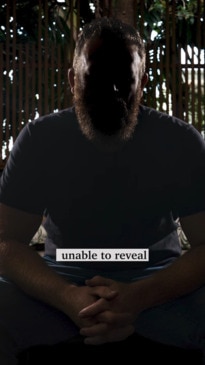
NSW
Don't miss out on the headlines from NSW. Followed categories will be added to My News.
The hero of the Lindt cafe siege who shot dead Man Monis has finally been unmasked after a frustrating and emotionally devastating nine-year battle to have his identity restored.
Ben Besant told The Saturday Telegraph after his monumental NSW Supreme Court battle victory on Friday afternoon that finally “today was a good day”.
“I have not only been given my name back, but my dignity and my higher purpose in life,” the former NSW Police Tactical Operations Unit Officer said.
“This is a victory not just for me but for our first responders and military personnel.
“It means we can have a real discussion about PTSD and what has to be done to keep first responders well and in work.”
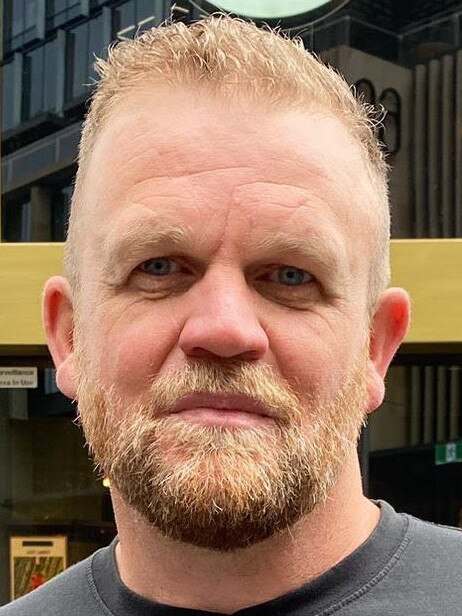
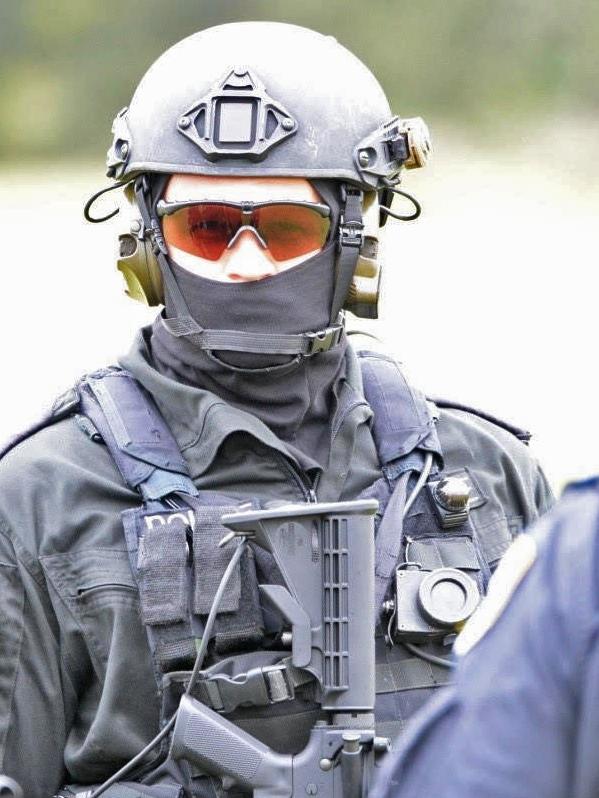
Mr Besant’s legal fight, backed by the Seven Network’s Spotlight program, came to an end on Friday afternoon when the NSW Coroner lifted the suppression order which had prevented him from ever telling his story without the pseudonym “Officer A”.
The order was made at the time to protect him, but over the years became a “shackle”, further exacerbating the PTSD that cost him his career, his marriage and his home.
In 2022 Mr Besant gave heartbreaking detail of the memories that haunted him, including his visions of Sydney barrister Katrina Dawson dying in his arms. She was looking into his eyes. Her eyes were blue just like his children’s.
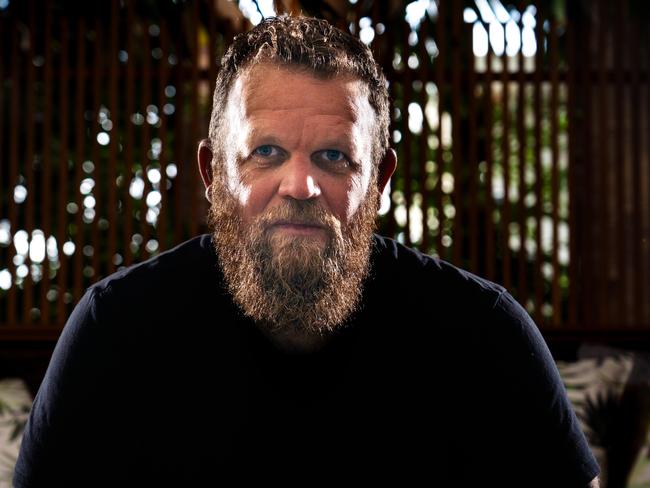
She was killed by police bullet fragments after officers stormed the building.
Monis was also killed when Mr Besant and the Alpha team broke through the front entrance of the cafe at 2.13am on December 16, 2014 after Monis — armed with a pump action shotgun and the threat of a “backpack bomb” — shot dead cafe manager Tori Johnson.
Mr Besant told The Sunday Telegraph earlier this year that he wanted to tell his whole story — the 17-hours of horror, what happened to him in the years following, and what still haunts him to this day.
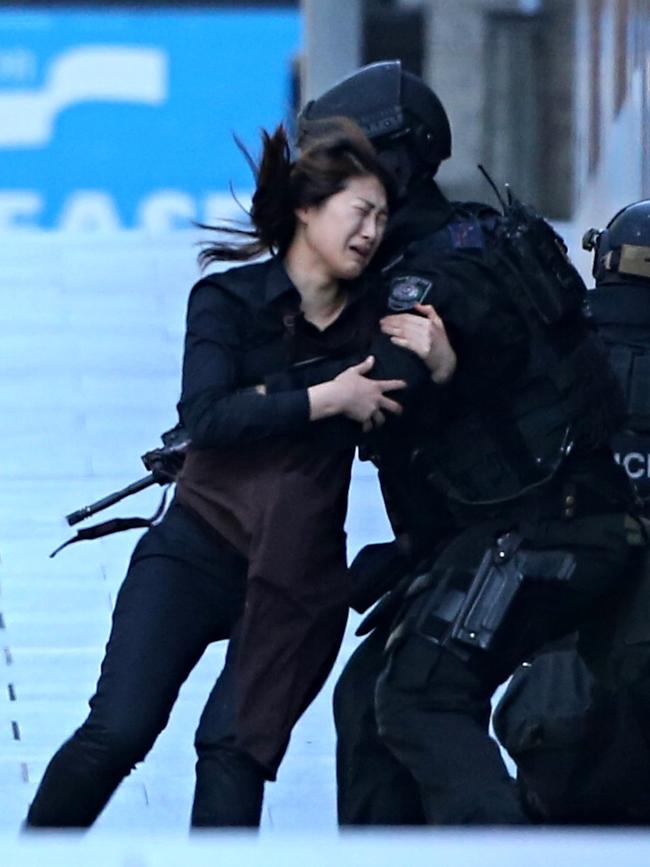
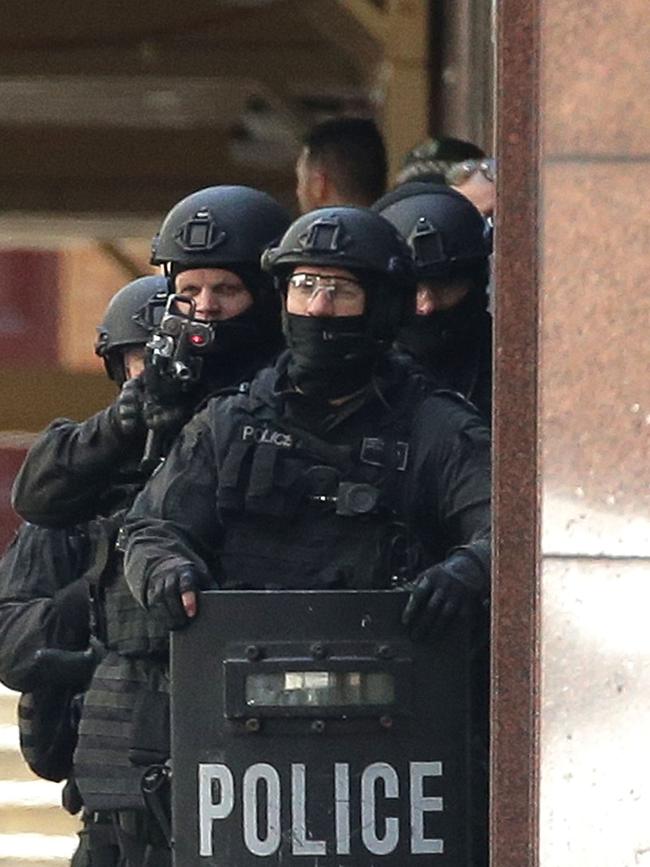
Most importantly, he wanted to be able to look other first responders crippled with PTSD right in the eye, and let them hear and see for themselves that there is a way forward.
But his identity was blocked as part of the coronial inquiry into the deaths that day, for his own protection at the time.
Despite nine years having passed, the NSW State Coroner had informed him she “had no power” to allow his name to be known “as the proceedings are finalised”.
He sought help from NSW Attorney-General Michael Daley whose spokesman told The Telegraph at the time: “Generally, non-publication orders are a matter for the parties and the relevant court. Anyone seeking to have a non-publication order varied or revoked should seek legal advice to consider the specific circumstances of their case.”
Mr Besant also sought help from his local MP, minister Paul Scully, who said he was continuing to work with the Attorney-General on the matter.
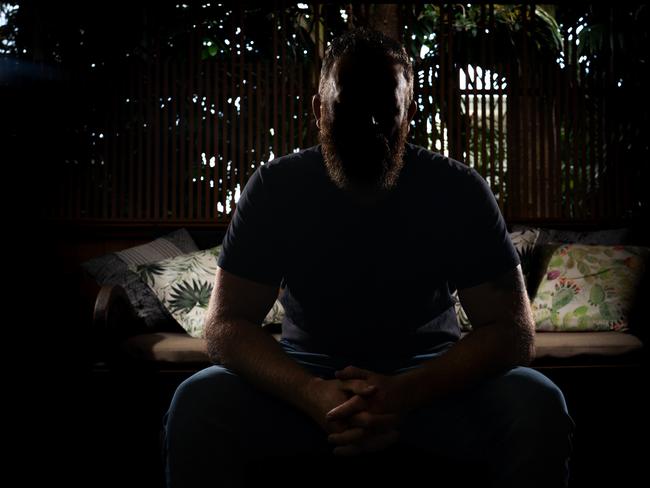
But on Friday the bureaucratic back and forth has come to an end for good and Mr Besant is looking to the future, and to helping his serving and former colleagues.
“Things will now change because they have to,” he said.
“Plummeting retention rates in the NSW Police are the tip of the iceberg.
“Throwing our mentally wounded hero first responders on to the social scrap heap of workers’ compensation and alcoholism, social isolation, and humiliation and suicide are over.”
He thanked the Channel 7 Spotlight team and his literary agents Dr Rob Goodfellow and Peter O’Neill and Special Legal Counsel Richard Keegan for their support in his lengthy legal battle.
“It’s all about mateship and teamwork. Australia values.
“And that is how we are going to take PTSD: always advancing, never retreating.”
Do you have a story for The Daily Telegraph? Message 0481 056 618 or email tips@dailytelegraph.com.au




